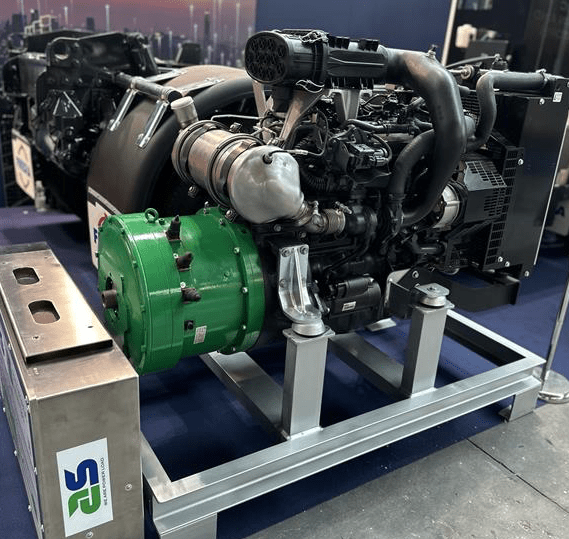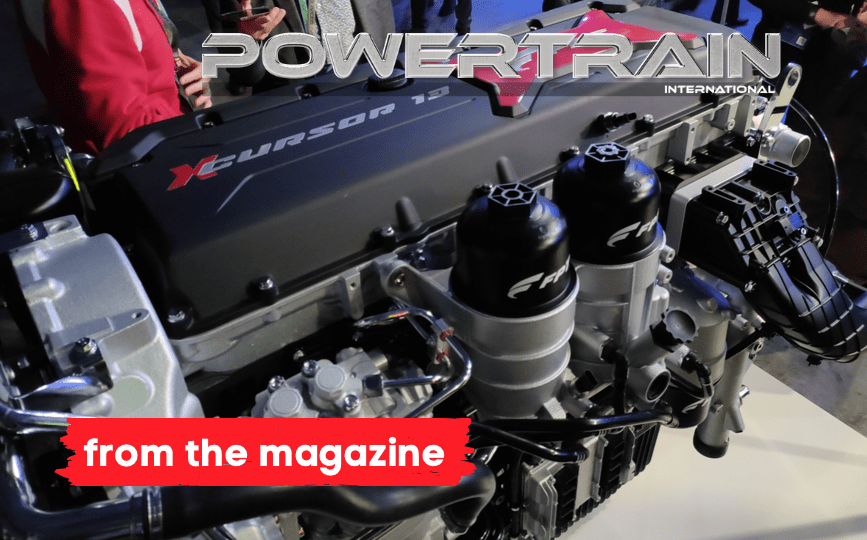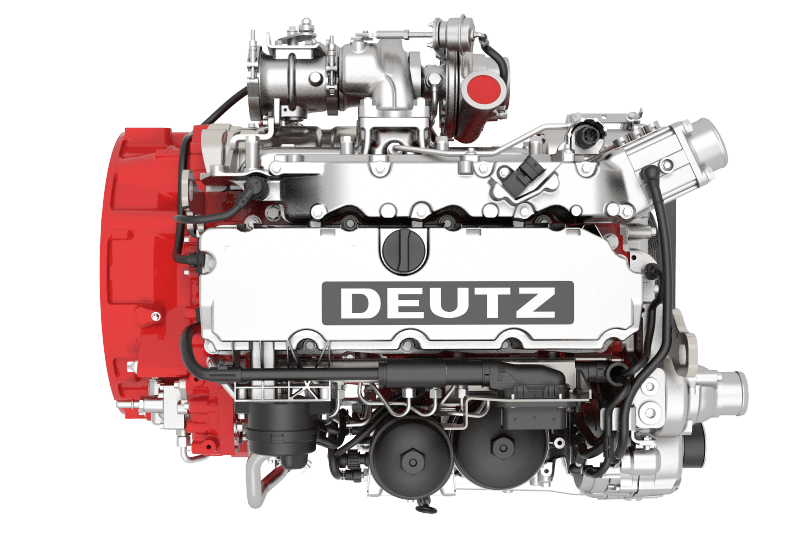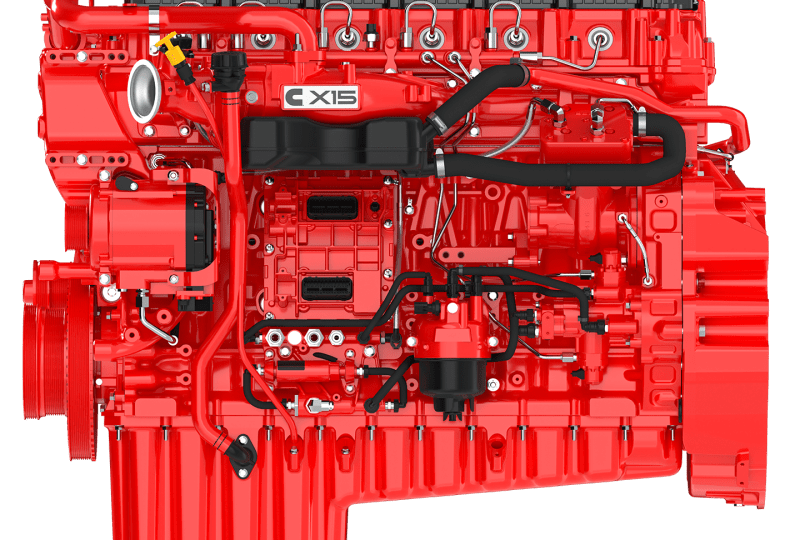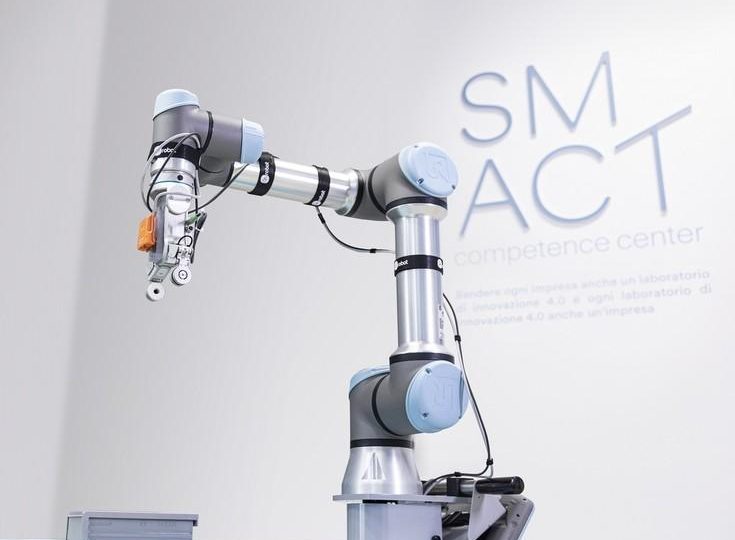Kubota reveals latest engine addition: D1105-K
Kubota announces its latest addition to its cutting edge electronically controlled engine range with the D1105-K. The new engine will be unveiled at the Bauma.
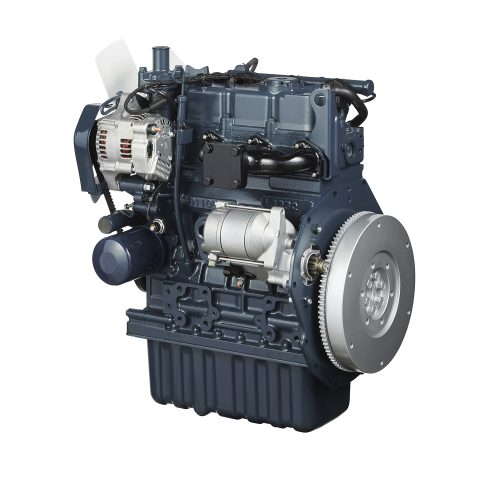
Kubota announces the new D1105-K industrial diesel engine, which enhances Kubota’s line-up of electronically-controlled engines below 19kW and incorporates the company’s unique TVCR combustion system. This new engine will have its first presentation on the Kubota Engine booth at Bauma.
The three-cylinder, 1.123 L displacement D1105-K engine has a rated output of 18.5 kW (24.8 hp) at 3000 rpm, torque is 72.4 Gross Nm at 2200 rpm and it meets regional emissions standards EU Stage V, EPA Tier 4, and China IV as well as China’s national smoke regulations, Category III. The engine’s dry weight is 93 kg.
The new engine has an advanced electronic control system specially optimised for small engines together with the TVCR combustion system, thus combining Kubota’s unique combustion and fuel technologies.
It offers a host of operator benefits including greater efficiency, clean emissions and low fuel consumption and maintenance costs.
“The highly innovative and versatile D1105-K meets the diverse and distinct requirements of numerous industrial and construction equipment makers globally and also offers a multitude of benefits for operators and for the environment,” said Daniel Grant, Manager Marketing Intelligence, Business Unit Engine Europe, Kubota UK.
He added: “The D1105-K is compact, simple to mount and can easily replace currently used Kubota mechanical models as it has the same dimensions, mount positions and weight. The Electronic Control Unit can be mounted directly onto the engine and it optimally controls fuel consumption, fuel injection pressures, timing and cycles depending on the operating conditions where the engine is being used.”
The key features and benefits of the D1105-K engine include:
- The elimination of visible black smoke even when a sudden load is introduced or upon starting or acceleration. The engine complies with the strictest Category lll national smoke regulations in China.
- The use of an electronic control system which has been specifically designed for small engines. Electronic control finely tunes fuel injection providing enhanced fuel efficiency compared with mechanical engines, thus reducing carbon dioxide emissions and producing cleaner exhaust gas.
- The engine integrates the electronic control system developed specifically for small engines and the TVCR combustion system that combines Kubota’s combustion and fuel expertise and technologies and which improves fuel consumption by approximately 5% compared to conventional engines.
- The use of Controller Area Network (CAN) communication to control engine use through signals from the vehicle. CAN collects engine data to improve efficiency and enables remote performance monitoring.
Grant added: “The new electronically-controlled D1105-K offers a host of advantages and benefits for industrial and construction machinery manufacturers around the world, whilst also meeting all of the strictest exhaust gas regulations. As well as offering leading-edge, state-of-the art combustion and fuel technologies, machine manufacturers can benefit from the fact that they can easily switch from conventional mechanical engines to the D1105-K because the specifications and dimensions of the new engine remain the same. The expansion of our line-up of electronically-controlled engines, both large and small, such as the D1105-K and D902-K ranges, underlines Kubota’s ongoing commitment and dedication to assisting operators and machine manufacturers whilst also making a valuable contribution towards creating a carbon-neutral society.”

